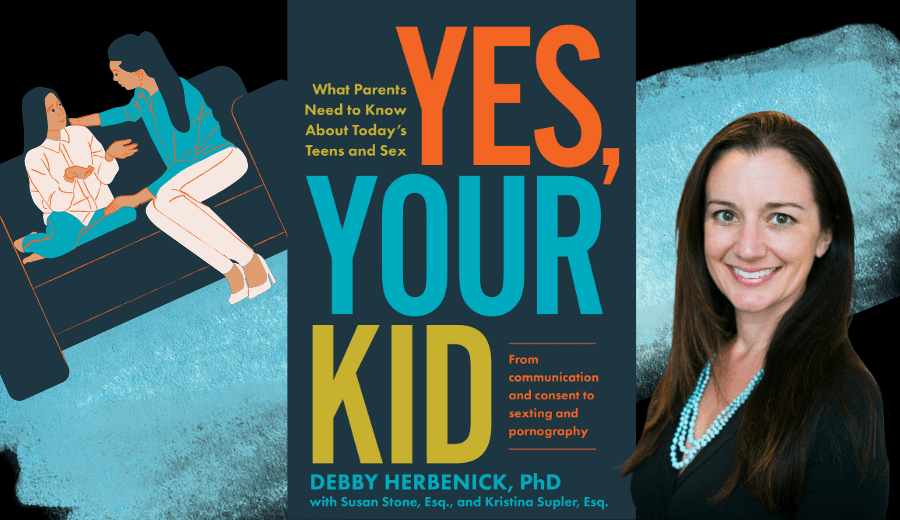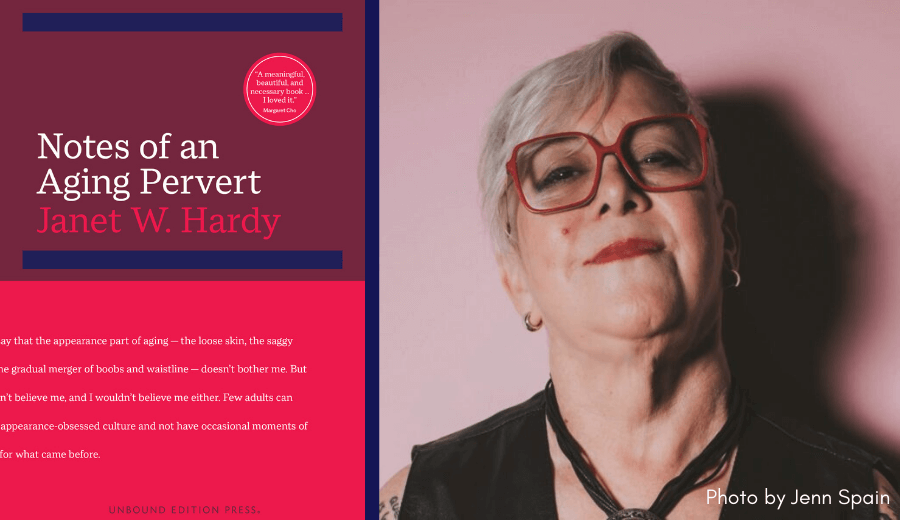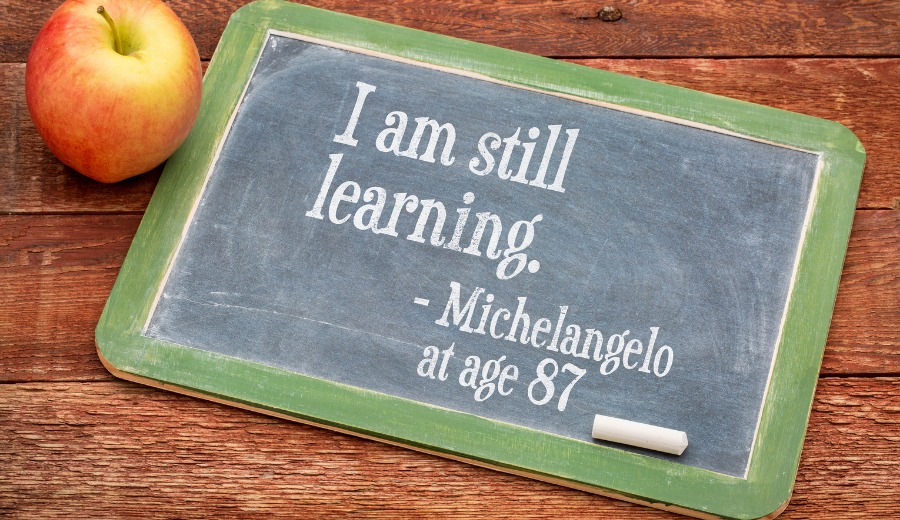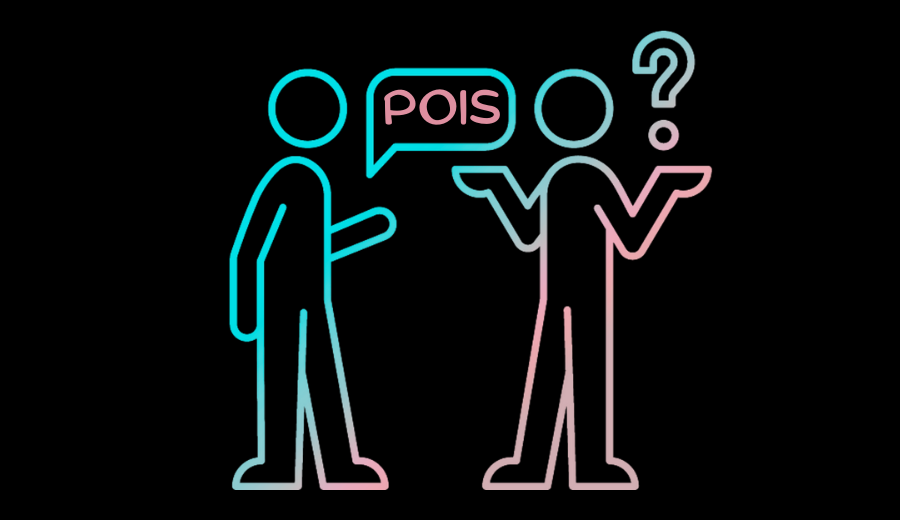

Sexual relationships during the lockdown: adjusting sexual counselling and therapy to the restriction of quarantine
Sexual relationships during the lockdown: adjusting sexual counselling and therapy to the restriction of quarantine
Evie Kirana and Francesca Tripodi
Members of the ESSM Educational Committee
Executive co-Directors of International Online Sexology Supervisors (IOSS)
Introduction
Since the World Health Organization (WHO) has declared a pandemic over a new
coronavirus which causes an illness known as COVID-19, we have gradually learned
that the virus can spread to people who are within 6 feet (2 meters) of an infected
person when he/she coughs or sneezes (respiratory droplets), or through direct touch
with an infected person or object. Many countries asked their citizens to remain in their
houses, close businesses and all events that may involve a gathering of people.
Lockdown policy went into effect to avoid spreading the virus.
The pandemic with the consequent lockdown was, therefore, a period characterized
by social isolation, uncertainty and stress. We still have a lot to learn about COVID-19
and sex. Coronavirus has been found in semen (1), feces (2) and urine (3) of people
with COVID-19, but not in vaginal fluids. However, the relevance regarding sexual
transmission remains unknown. Until this is better understood, specialists suggest
considering these secretions potentially infectious (4). Anyhow, these data are moot,
given that any in-person contact results in substantial risk for disease transmission
owing to the virus’ stability on common surfaces and propensity to propagate in the
oropharynx and respiratory tract.
The broad guidance regarding physical distancing had substantial implications for
sexual well-being. We still don’t have enough data about the impact on the intimate
relationships or the sexual life of people. Most of the health agencies recommended
the following which led to a change in people’s sexual behavior:
• singles who are self-isolated should not have sex with people who do not live
with them;
• people can have sex with someone they live with and shows no symptoms if
they both feel well and avoid contact with people outside their household.
Because many COVID-19–infected people are asymptomatic, Health Care Providers
(HCPs) were left with little to offer beyond guidance to not engage in any in-person
sexual activity.
In this article, we are sharing some thoughts and speculations about the challenges
that this pandemic and lockdown period possibly brought to people’s relationship and
sex life. Moreover, leading a project on online clinical supervision for HCPs from all
over the world (www.sexologysupervisors.org), we met the needs of many
professionals about guidance and support in counselling patients in this difficult time.
We take the occasion to participate in the current debate about treatment challenges
and opportunities for sexual therapy during the quarantine.
Read the full article here.





